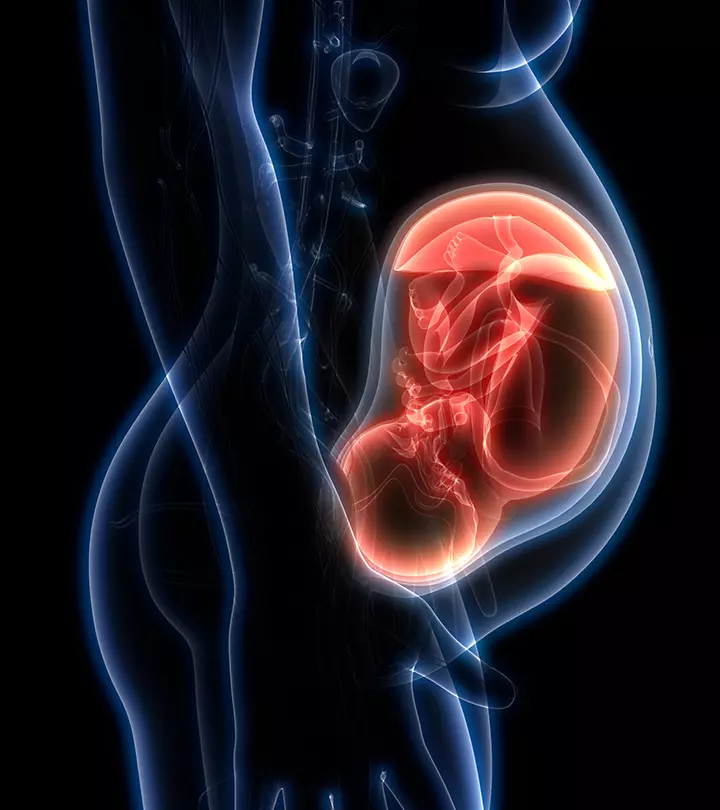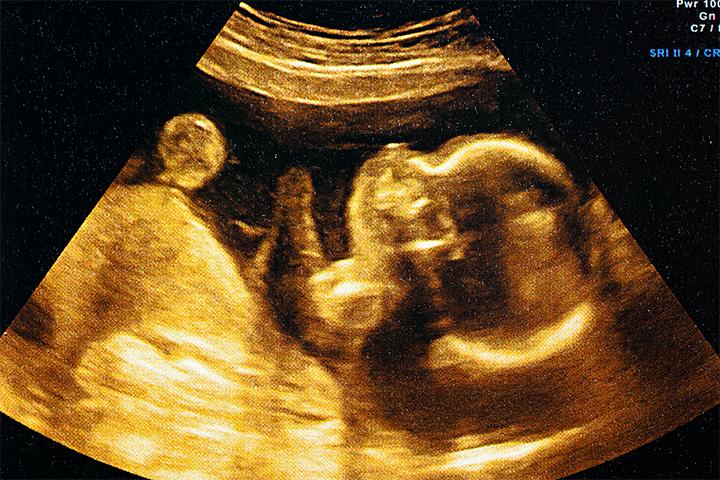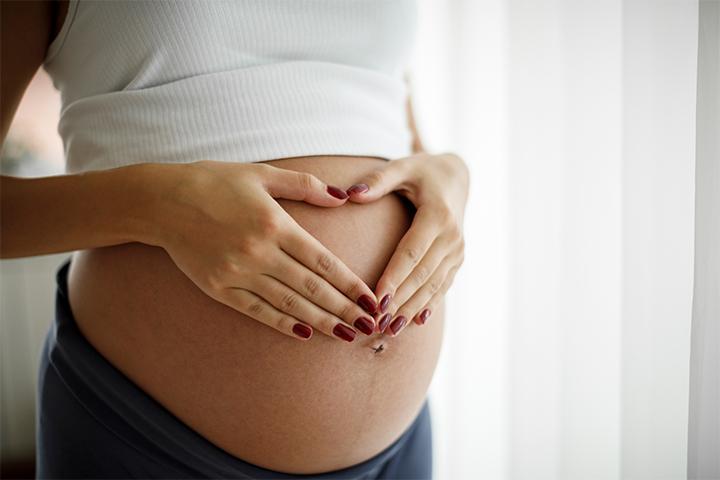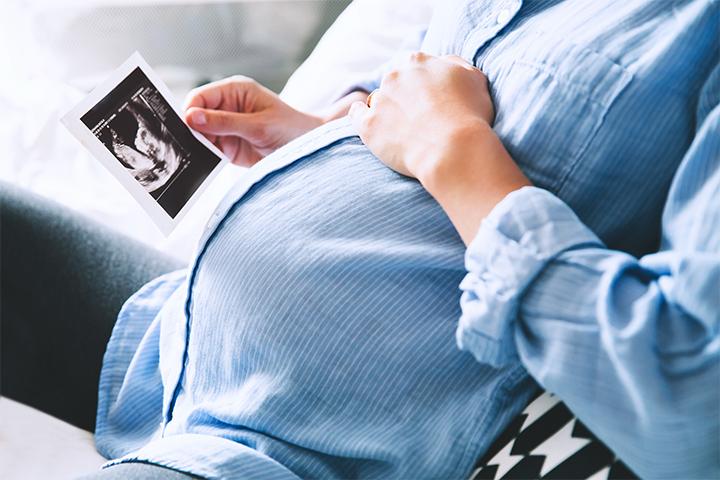
Image: iStock
Knowledge empowers, and it’s never too early to embark on the journey of learning. Recent studies have shown that prenatal learning is not only possible but occurs frequently (1). Although we may not have conscious recollection of our very early stages of existence, the truth is that the learning that takes place in the womb instills in us certain sensations and associations that stay with us throughout our lives. How fascinating is that! This form of education holds significant value, as it becomes a lifelong companion. If you’re interested in understanding how babies learn while still in the womb and discovering ways to aid your little one in this process, then this article is tailor-made for you. Keep reading to learn more!
Prenatal Learning
Image: IStock
Prenatal education and learning are topics that haven’t received widespread recognition in our society. This is because this type of development isn’t solely biological; it also encompasses psychological and educational aspects (2). In essence, it is intricately connected to and influenced by the interactions and both conscious and unconscious communication that parents engage in with the baby while it’s still in the mother’s womb.
What Can A Baby Learn In The Womb?
Image: IStock
Recent research conducted by the renowned scientist Annie Murphy Paul reveals that a baby begins learning from the moment it resides in the mother’s womb. While it might be challenging to grasp or has received limited attention thus far, these early learnings are arguably the most significant (3). So, what exactly is it that babies learn in the womb that holds such critical importance for their lifelong development?
Babies become familiar with and learn to recognize the sound of the maternal voice. Naturally, the voice of the person carrying the baby in the womb is the most prominent and preferred one. Have you ever noticed your baby smiling when you talk to them, even if they’re just a few weeks or days old? They recognize it’s you! They acquire the ability to identify you through your voice, a skill that precedes formal learning and association. Additionally, babies also learn about flavors. Surprisingly, they begin picking up on tastes before they even taste solid food. This process contributes to their food preferences as well. Many of the flavors from the foods consumed by the expectant mother make their way to the fetus (4).
How You Can Teach Your Baby During This Stage
1. Through Touch
Image: IStock
When you gently stroke the baby with your hand or introduce objects with varying textures to the womb, the baby begins to recognize and respond to these movements. This sensory input travels to the brain and triggers responses in the corresponding areas (5). Isn’t it astonishing?
2. Through Sight
Contrary to what you might think, your baby is not enveloped in complete darkness while in the womb. Surprisingly, both natural and artificial light can penetrate the womb with varying degrees of intensity. In fact, numerous studies have indicated that babies can perceive patterns resembling a human face while in the womb (6). This reveals that babies have a unique vantage point into and react to the external world long before they make their entrance into it.
3. Through Hearing
This might seem surprising but babies can hear while they are in the womb. How else do you think they are able to recognize the voice of their mother? It is with the sense of hearing that they are able to capture and perceive many of the things, situations, and people around them. The sounds made around them are registered and the babies keep them. Nonetheless, it’s important to note that some of these sounds may not be retained in the baby’s memory for the future. Around the 18th week of pregnancy, the baby becomes capable of hearing the sounds of the mother’s stomach and heartbeat (7).
4. The The Motor System And Emotional State
Image: IStock
During their time in the womb, babies have the remarkable ability to detect whether the mother is in a stable position, contributing to their early development of balance. Furthermore, fetuses possess a well-defined sense of personal space, largely derived from their inner ear. Additionally, they can perceive cues through the placenta, providing them with information about the mother’s emotional and psychological well-being (8).
As unbelievable as it may seem, babies are smart enough to start learning while they are still in the womb. And with these little tips you can help your little one learn better so that they are well prepared to enter the world. Happy parenting!
















